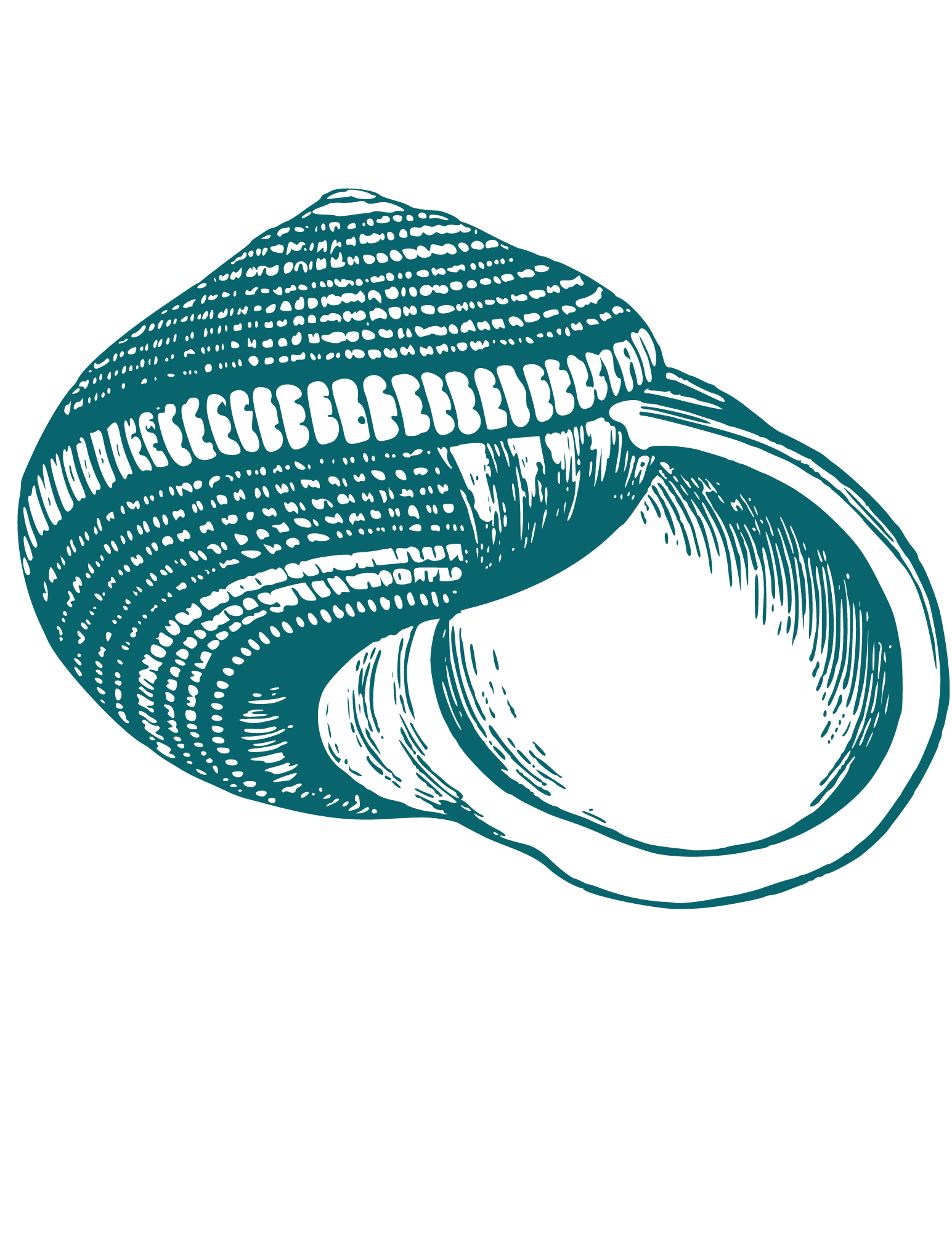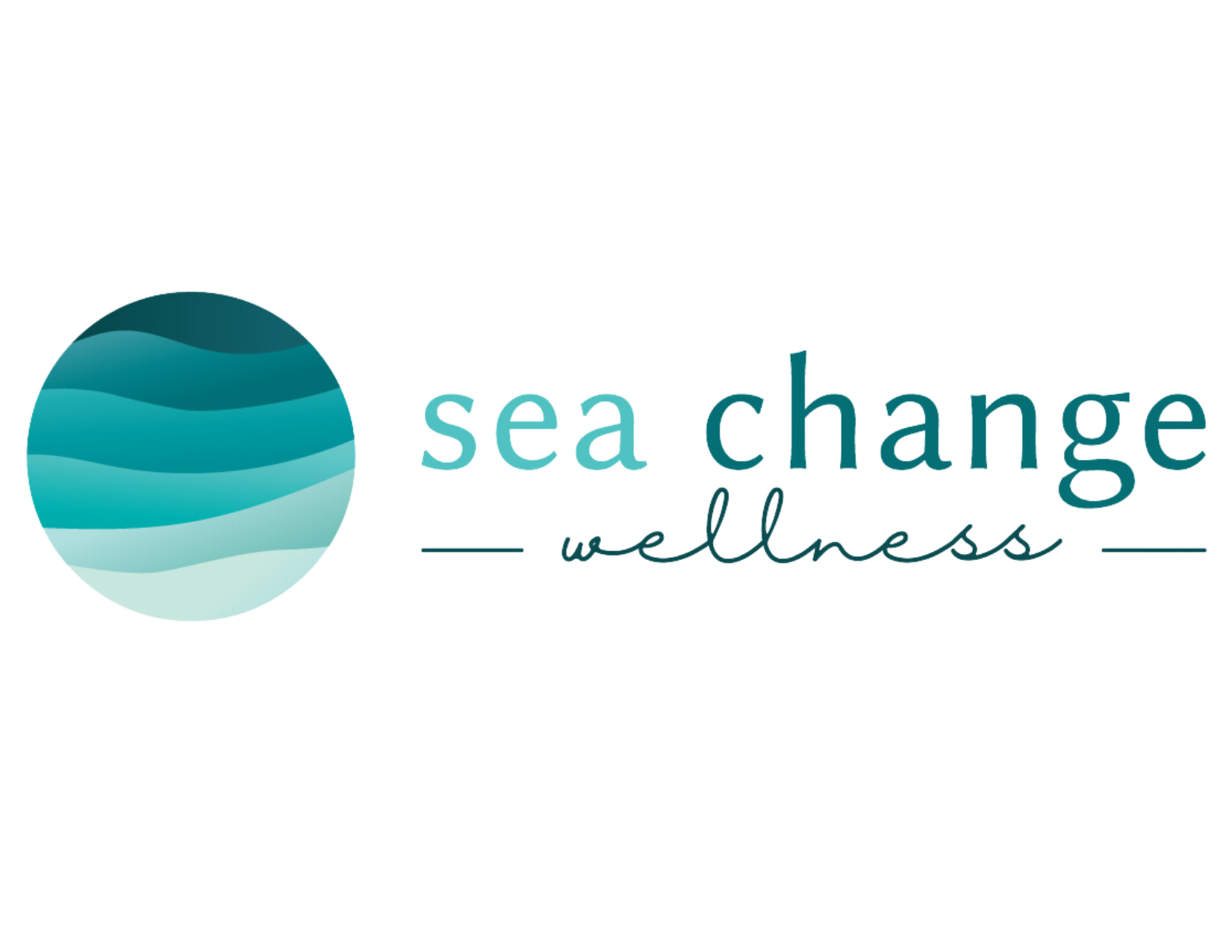"We don't see things as they are, we see things as we are."
- Anaïs Nin
FAQs

Craniosacral Therapy

Do I have to undress for my craniosacral therapy session?
Unlike massage therapy sessions, you remain fully clothed for your craniosacral therapy sessions. Because of this, it is recommended that you dress in comfortable clothes so that you can relax fully during your session.

Is craniosacral therapy the same thing as a massage?
There are some similarities, as well as some important differences.
Similarities
-Both massage and craniosacral therapy sessions start in a similar way, with a discussion about the goals for the session and the presenting issues.
-Both massage and craniosacral therapy sessions take place on a massage table.
-After the manual portion of the session, both your RMT (Registered Massage Therapist) and craniosacral therapist may offer home care instructions.
Differences
-Unlike sessions with an RMT, your craniosacral therapist will not do any assessment prior to the manual therapy part of the session.
-Your RMT may be trained in and use some/many craniosacral therapy skills. Unless they are also an RMT or has additional massage training, your biodynamic craniosacral therapist is not trained to offer massage.
-Massage sessions may involve lying on your front, your back or your side. Craniosacral therapy sessions usually only involve lying on your back or your side.
-With a massage session, you disrobe to your comfort level. With craniosacral therapy, your clothing stays on.
-Massage sessions may involve application of oils or lotions. With craniosacral therapy, no lotions or oils are involved.
-Massage sessions involve tissue manipulation. Biodynamic craniosacral therapy sessions use long, gentle, still "holds", and do not involve any kind of tissue manipulation or adjustment.

What does it feel like to have biodynamic craniosacral therapy?
In biodynamic craniosacral therapy, I will select different "holds" depending on your goals or presenting issues. These holds involve very, very light contact, and are extremely gentle and can be applied in a wide variety of places from head to toe, depending on the comfort and needs of the client.
Holds can last anywhere from 1-2 minutes to as many as 15-20 minutes, depending on what is benefitting the client and comfortable for both the client and the therapist. These holds should feel anywhere on a spectrum from neutral/unnoticeable to wonderful.
BCST sessions are highly collaborative. If a particular hold isn't comfortable for a client, they are encouraged to let their therapist know and to discuss what might be a better way for them to achieve their session goals.
During the session, you may:
-experience profound memories or insights
-relax so deeply that you fall asleep
-fall into peaceful quiet meditation-like state
-feel as if you are in a waking dream
-enjoy a pleasant sensations of warmth, softening, widening or floating
At times, you may experience other kinds of sensations as energy that has been held in the body is released. If this occurs, just stay present with your breath and sensations and allow this energy to move through you. These sensations may be an indication that you are letting go of patterns that inhibit your health and vitality. Once these patterns begin to shift, you may experience a sense of integration in your body, mind and spirit.
At the end of the session and in the days following your session, you may:
-find yourself standing straighter and taller
-discover that you are breathing more fully and deeply
-feel energized and relaxed at the same time
-feel more comfortable, peaceful and at ease
-discover that your sleeping patterns are improving

What do I need to know before my first craniosacral therapy session?
Dress in appropriate clothing so that you can be as comfortable as possible during the course of your session. I like to recommend wearing soft, stretchy materials that you feel good wearing.

Is there any evidence that craniosacral therapy can help me with my problem? Is craniosacral therapy evidence based?
Because biodynamic craniosacral therapy is still generally categorized as an alternative treatment, scientific research regarding its effectiveness remains limited. Some preliminary studies exist but are generally considered to be of poor quality and thus inconclusive. This therapy requires more validation and research to be embraced by the medical community.
However, despite the lack of clinical evidence, anecdotal and interview evidence is available from clients who have undergone biodynamic craniosacral therapy. The results of these interviews indicate that craniosacral therapy can be effective for therapeutic purposes, including reducing symptom intensity and disability connected to a variety of acute and chronic physical and psychological conditions.
More specifically, craniosacral therapy has been observed to have the following beneficial effects for many people:
-reduction in stress and anxiousness
-reduction in chronic and acute pain
-increase in relaxation and body awareness
-change in attitudes to health and well-being
-improvement in overall quality of life

How many sessions will I need?
While a single session can have noticeable effects, regular sessions have a better chance of helping you achieve the results you may be seeking and can be a wonderful part of your ongoing wellness practices.

What if I fall asleep in my session?
This can definitely happen, especially for clients who are very fatigued through lack of sleep or intense stress or busyness. While it is recommended to stay awake to glean the full benefit of the session, for some clients, the deep rest that a craniosacral therapy session can provide may take priority over other goals and can be incredibly beneficial.

How does it work?
Your body has vast wealth of both intelligence and healing resources at its disposal. Your craniosacral therapy session acts like a safe container that allows the nervous system to shift into a parasympathetic, or rest/digest/repair, state which is the optimal environment for these resources to emerge. An analogy I like to use is to compare a craniosacral therapy session to the fibreglass cast that might be applied to a broken arm. The cast itself doesn't heal the arm. Instead, it provides the ideal conditions (safe, protected, relaxed, still) for the arm to heal itself.
We help create a "climate, a healing environment, in which the whole person's curative mechanisms may come into action" (from Creating Healing Relationships)

If I have craniosacral therapy, does that mean I don't need to see my doctor or my mental health care provider?
NO! Craniosacral therapy is a great adjunct to visiting your doctor or your mental health practitioner, but it absolutely not a substitute for medical or mental health treatment.
Hypnosis and Hypnotherapy

Can I be hypnotized?
Absolutely. You are an amazing hypnotic subject. You are already an expert and moving in and out of natural trances as a normal part of your everyday life. In a hypnotherapy session, we will combine your natural ability with specific tools and techniques that I will offer to create the right conditions for you to sink easily into a nice, deep state of hypnosis.

What does it feel like to be hypnotized?
There is no one right way to feel when you are in a hypnotic trance. Being hypnotized can feel different ways to different people, or different ways to the same people on different days. When you are hypnotized, you may feel:
-deeply relaxed... or profoundly alert
-very sleepy... or wide awake
-profoundly focused... or quite spacey...
-like time is moving faster... or slower
-like your body is growing warmer... or cooler
-like your limbs and body are floating.... or sinking
-like you remember everything your therapist says to you... or like you have forgotten some or all of what your therapist says to you
-tingly... buzzy...floaty... dreamy... spacey... or something else entirely

Does hypnosis make me lose control?
Absolutely not. As a matter of fact, hypnosis is an amazing way for people to regain control over their thoughts, their minds, and consequently, their lives. You as the client are always in control and always have the power to decide whether or not to accept the suggestions I make. Hypnosis cannot make you do or say anything you do not actively choose to say or do.

Can hypnotherapy be done online?
Yes! Online video conferencing technology makes online hypnotherapy just as effective and rewarding as in-person hypnotherapy.

Is there any evidence that hypnotherapy can help me with my problem? Is hypnotherapy evidence-based?
There is a great deal of scientific evidence that proves the efficacy of the therapeutic use of hypnosis for a variety of problems and issues. In spite of this, hypnosis is still generally categorized as an alternative treatment.

How many sessions will I need?
This varies from client to client. For simpler problems and issues, three sessions may be enough. For more complex problems and issues, more sessions may be recommended. I will do my best to let you know as early as possible how many sessions I believe would be most beneficial so that you can plan accordingly, but sometimes material is uncovered during the course of a session that indicates additional sessions would be beneficial. Typically, though, hypnotherapy is a short-term goal-focused therapeutic approach. Having said that, it can be a wonderful ongoing process of discovery, healing and wellness that some clients choose to return to again and again as they identify new goals to pursue.

Is hypnosis safe?
Hypnosis is safe. As previously mentioned, you are already an expert at moving in and out of natural trances on a daily basis. You are very much able to maintain your own control, awareness and safety, when you are daydreaming while driving down the highway, reading a good book or watching a compelling movie. Hypnosis is simply a facilitated or induced trance, within which you continue to be able to maintain your own control, awareness and safety and can choose to participate in or exit the hypnotic state at any time. In a hypnotherapy session, the hypnotic state occurs in either your own home or in the hypnotherapist's office. As long as you choose a safe place for your home hypnotherapy session (sitting on a comfy chair in your bedroom is a great choice, sitting in a moving vehicle is NOT), then you will be able to ensure that the session is a safe and effective one. A hypnotherapist's office has already been set up with your safety and comfort in mind.

If I have hypnosis, does that mean I don't need to see my doctor or my mental health care provider?
NO! Hypnotherapy is a great adjunct to visiting your doctor or your mental health practitioner, but it absolutely not a substitute for medical or mental health treatment.
EFT

Is EFT safe?
EFT is designated as a “generally safe treatment” and side effects are rare. EFT invites the participant to tune into negative feelings such as anger, anxiety, uneasiness, fear, and sadness. Tuning into these feelings can be uncomfortable, especially when not working with a certified practitioner. The vast majority of EFT participants feel a great sense of relief, calm, and increased happiness.

Is there any evidence that EFT can help me with my problem? Is EFT evidence-based?
EFT been tested in over 100 clinical trials and has been observed to be effective for reducing experiences of anxiety, depression, PTSD, pain, phobias, and many physical diagnoses. Randomized controlled trials (the “gold standard” in research) indicate that EFT is able to rapidly reduce the emotional impact of memories and incidents that trigger emotional distress.
Clinical EFT is an evidence-based method that has been observed to be effective enough that it is part of the continuing medical education offerings for psychologists (through the American Psychological Association), nurses (through the American Nurses Credentialing Commission) and doctors (through the American Medical Association).

Can EFT be done online?
Yes! Online video conferencing technology makes online EFT just as effective and rewarding as in-person EFT.

How many sessions will I need?
This varies from client to client. For simpler problems and issues, three sessions may be enough. For more complex problems and issues, more sessions may be recommended. I will do my best to let you know as early as possible how many sessions I believe would be most beneficial so that you can plan accordingly, but sometimes material is uncovered during the course of a session that indicates additional sessions would be beneficial. Typically, though, EFT is a short-term goal-focused therapeutic approach. Having said that, EFT is a marvellous way to manage stress, work on issues as they arise, and pursue goals as they are identified, and so some clients choose to participate in EFT sessions with a qualified practitioner on an on-going basis.

How does it work?
EFT tapping can be thought of as "emotional" acupuncture. It is grounded in the ancient Chinese meridian system, but uses fingertips instead of needles.
EFT actually changes the neural architecture in your brain. As stimuli that once produced stress responses are reconditioned through a combination of exposure and tapping on acupoints, new emotional responses become possible. When you are in a relaxed state, you will actually be able to shift away from using your reptilian brain (which is amazing for fight/flight/freeze responses, but not much else) and into using your prefrontal cortex, or "higher thinking brain". From this calm and grounded place, new possibilities & avenues can open up to reveal solutions to issues and options for achieving goals.
The world can look like a very different (and much brighter!) place after an EFT session.

Why does EFT focus on the negative? Doesn't focusing on the negative just make things worse?
To quote Louise Hay, if you're going to clean a house, you have to see the dirt. Focusing on the negative initially allows you to see where things are going wrong, and where shifts can be made to elicit positive change. By jumping immediately into the positive without doing the work to clean up any underlying issues, you are (to use an analogy I love) essentially building a beautiful new home on top of a stinky old outhouse. And to layer in one final analogy, if you actually see the splinter that is stuck in your toe, you can take it out and truly start the healing process.

What do I need to know before my first session?
-EFT may look and feel silly, but just go with it. It's worth it.
-Don't be concerned if you find yourself yawning, coughing, burping or sneezing during your session. EFT moves a lot of energy and this can look different for different people.
-Make sure you are well hydrated! EFT is more effective when you are hydrated, so please bring a bottle of water to your session.
-It's handy to have tissues nearby because many emotions are processed during the course of a session.

Can EFT fix everything that is wrong in my life?
EFT has been seen in countless case studies as well as many randomized controlled trials to be effective for a wide variety of issues. However this is not true for all individuals or all issues. If you have long-lasting or intense emotional or physical trauma it is essential that you consult your physician or licensed mental health practitioner before using EFT or any other stress-reduction method.

If I tap, does that mean I don't need to see my doctor or my mental health care provider?
NO! EFT is a great adjunct to visiting your doctor or your mental health practitioner, but it absolutely not a substitute for medical or mental health treatment.




